With Australia heading toward a referendum next year on a constitutionally enshrined indigenous ‘voice’ to parliament, the need for a book on the perils of ‘locking in rights’ is never more urgent or apparent. Professor James Allan’s tome, The Age of Foolishness, fulfils this need. As Allan himself writes, it goes against the current legal orthodoxy, ‘opposed to the preponderant views and positions of those not just in legal academia but also of those in the wider lawyerly caste’.
Already a subscriber? Log in
Subscribe for just $2 a week
Try a month of The Spectator Australia absolutely free and without commitment. Not only that but – if you choose to continue – you’ll pay just $2 a week for your first year.
- Unlimited access to spectator.com.au and app
- The weekly edition on the Spectator Australia app
- Spectator podcasts and newsletters
- Full access to spectator.co.uk
Unlock this article
You might disagree with half of it, but you’ll enjoy reading all of it. Try your first month for free, then just $2 a week for the remainder of your first year.

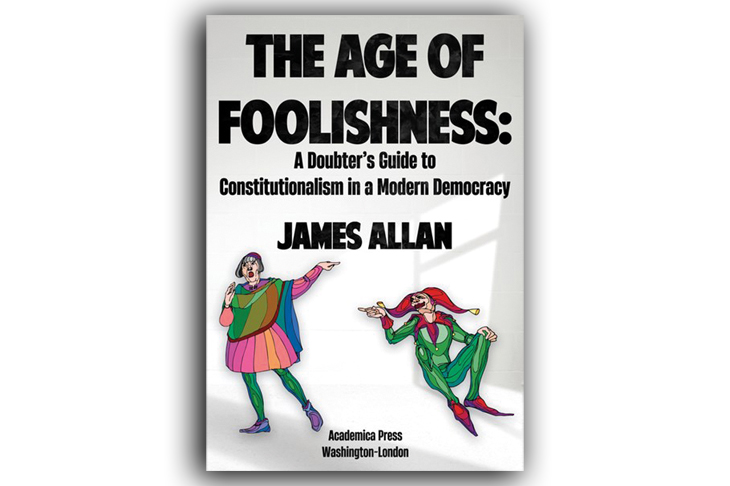

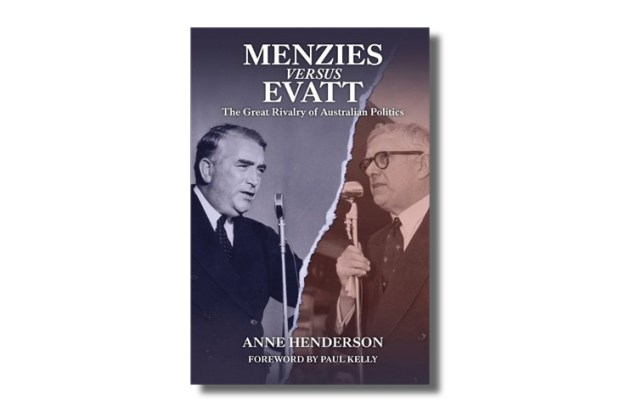
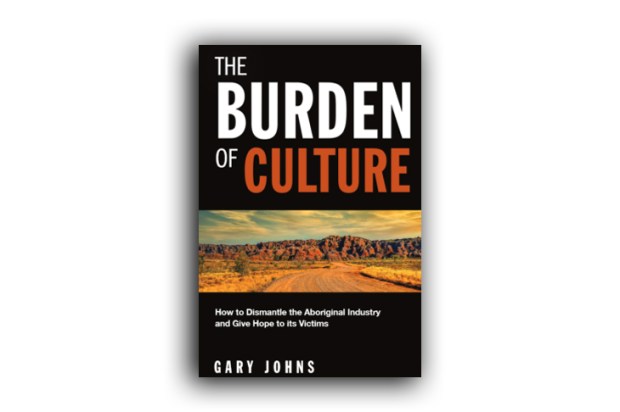
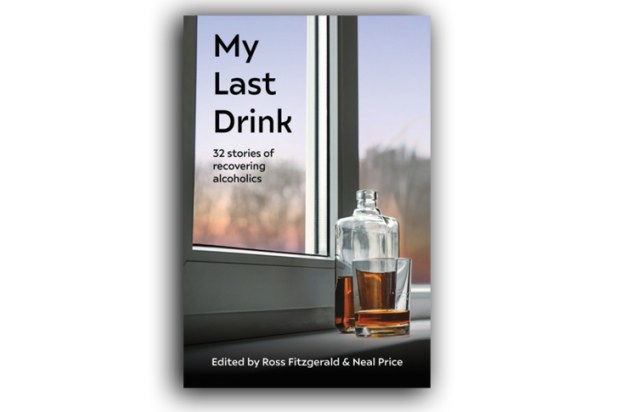
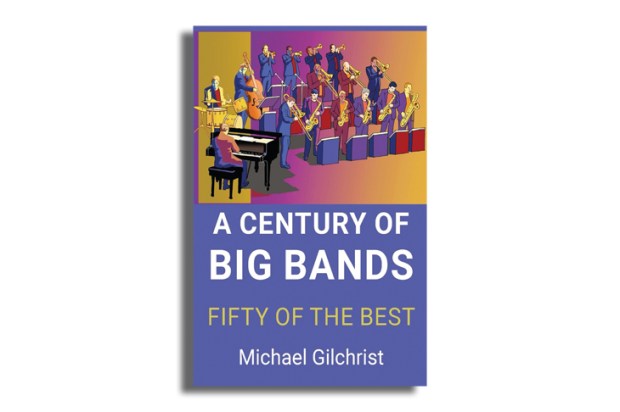
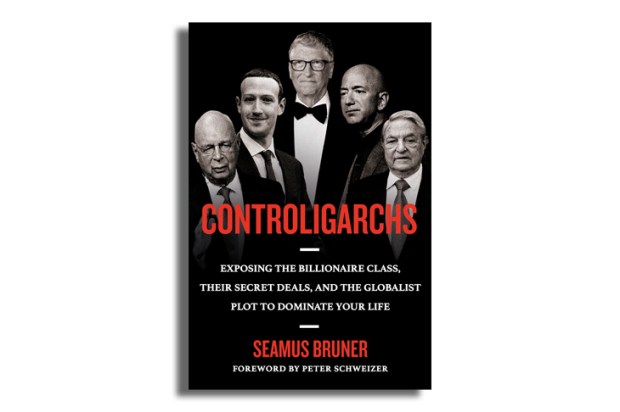






Comments
Don't miss out
Join the conversation with other Spectator Australia readers. Subscribe to leave a comment.
SUBSCRIBEAlready a subscriber? Log in